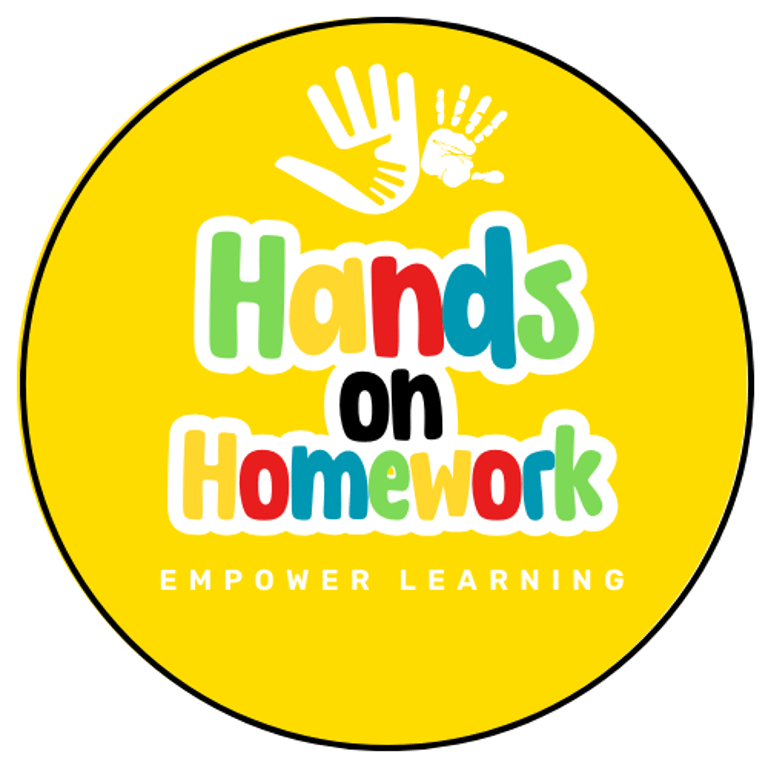I Don't Have Time to Read to my Kids All Day!
Storytime hacks when you're short on time
READING
12/8/20243 min read


I Don’t Have Time to Read to My Kids – What Can I Do?
We all know that reading to our kids is important, but life can be busy, and sometimes it feels like there just isn’t enough time in the day or you just don't feel like you're in the right mindset to sit down and read. If you’re finding it hard to squeeze in that special reading time, here are some creative ways to incorporate reading into your child’s routine.
1. Have an Older Sibling or Neighbor Be a Reading Partner
If you have an older child or a neighbor who’s willing, pair them up with your younger child as a reading partner. It gives your children the opportunity to bond while you can attend to other tasks. Plus, it encourages older children to practice reading aloud.
2. Use Audiobooks
Audiobooks are a fantastic way to keep your child engaged in stories without needing to carve out extra reading time. Whether in the car, while getting ready, or during quiet time, audiobooks bring stories to life and help build listening skills. There are plenty of options available for different ages and interests! All they need is a set of headphones and they're good to go (and you get some quiet!)
3. Try a Yoto Player or Story Projector
Interactive storyteller devices like the Yoto Player (a screen-free audio player) or story projectors can take story time to the next level. With Yoto cards or projected images, children can listen to stories or follow along with illustrations. This offers them a fun and independent reading experience while you focus on other tasks.
4. Books with USB or QR Codes
Some books now come with USB drives or QR codes that can be scanned to play the story aloud. These books are great for independent listening, allowing your child to follow along with the text and pictures.
5. Listen to Podcasts That Build Language
Podcasts for kids are an excellent tool to expose children to stories and language while on the go. There are many educational and entertaining podcasts designed for young listeners on platforms like Audible, Google podcasts and Spotify and Apple podcasts. There are a variety of topics, from stories to science that keep kids of all ages listening.
6. Encourage Independent Reading
Even if your child isn’t reading words yet, encourage them to "read" independently by looking at pictures. For younger children, a quiet time with books can be a great alternative to reading aloud. Have them "tell" the story based on what they see in the illustrations, helping them practice narrative skills and imagination. This can be a great quiet-time activity when you need a break but still want to encourage reading.
7. Make Daily Reading a Habit
Once you’re ready, it’s crucial to make daily reading part of your routine. Even if you can’t do a full story every day, setting aside a few minutes for reading or even just flipping through books will make a difference. Consistency is key to developing a love for books and storytelling. Remember, it’s all about enjoying books. Reading doesn’t have to be a lengthy or complicated process. By incorporating these ideas into your daily life, you can help your child develop a love for learning and reading.
8.Family Read-Aloud
A great way to ensure that every child gets to hear you read, even if individual reading time is limited is to read to the family all together. By gathering everyone for a shared experience, you can bond over books that are appropriate for all ages. Setting up a family story time every night offers quality time and learning, even in busy schedules. As a bonus, encourage family discussions around the literature to help children with comprehension and critical thinking.
Here’s a list of 15 fantastic family read-aloud books that work well for all ages:
Charlotte's Web by E.B. White
Willy Wonka and the Chocolate Factory by Roald Dahl
Little Women by Louisa May Alcott
Matilda by Roald Dahl
The Black Stallion by Walter Farley
Anne of Green Gables by L.M. Montgomery
Winnie-the-Pooh by A.A. Milne
The Secret Garden by Frances Hodgson Burnett
Heidi by Johanna Spyri
The Wind in the Willows by Kenneth Grahame
The Boxcar Children by Gertrude Chandler Warner
The Prince and the Pauper by Antoine de Saint-Exupéry
Pippi Longstocking by Astrid Lindgren
Little House on the Prairie by Laura Ingalls Wilder
The Trumpet of The Swan by E.B White
These books appeal to all ages, offering meaningful themes, rich characters, and engaging adventures. They can also be enjoyed on audio books.
